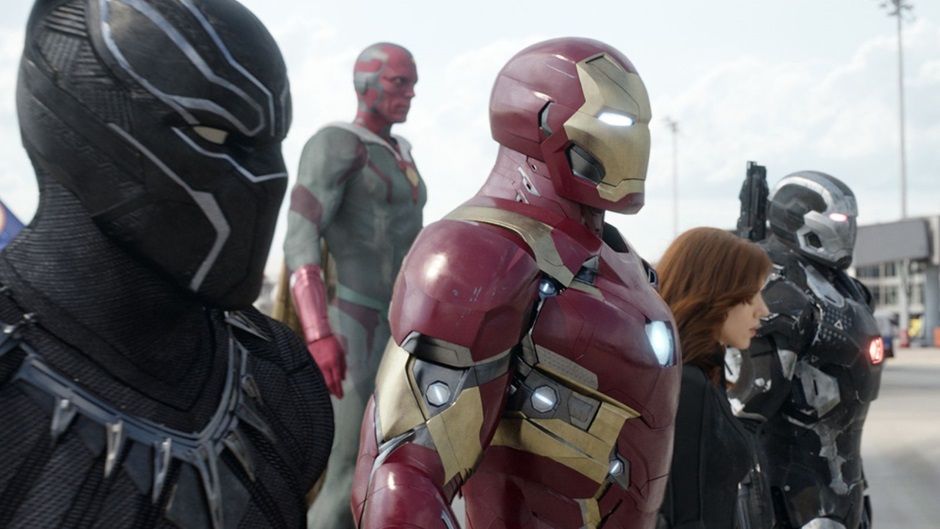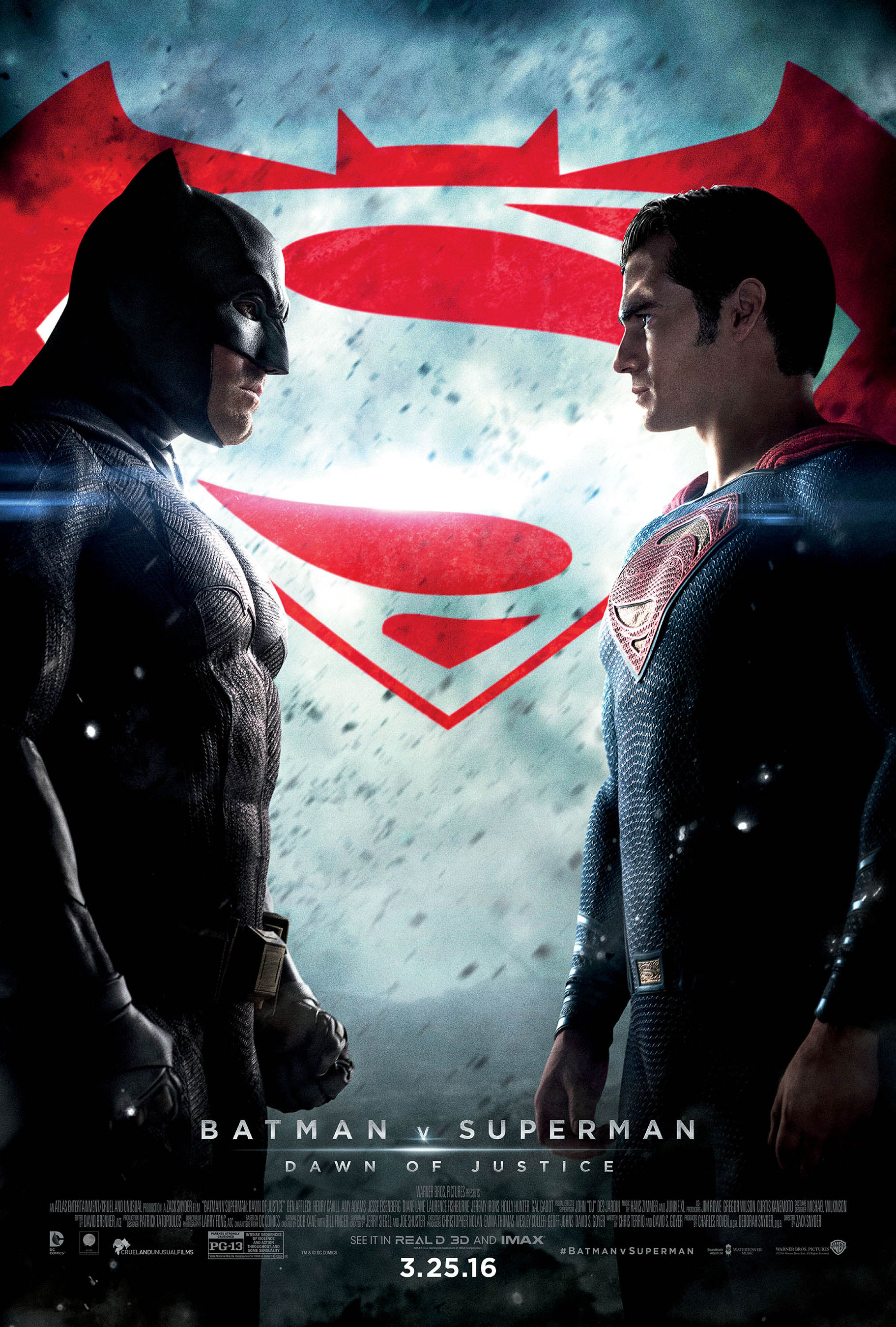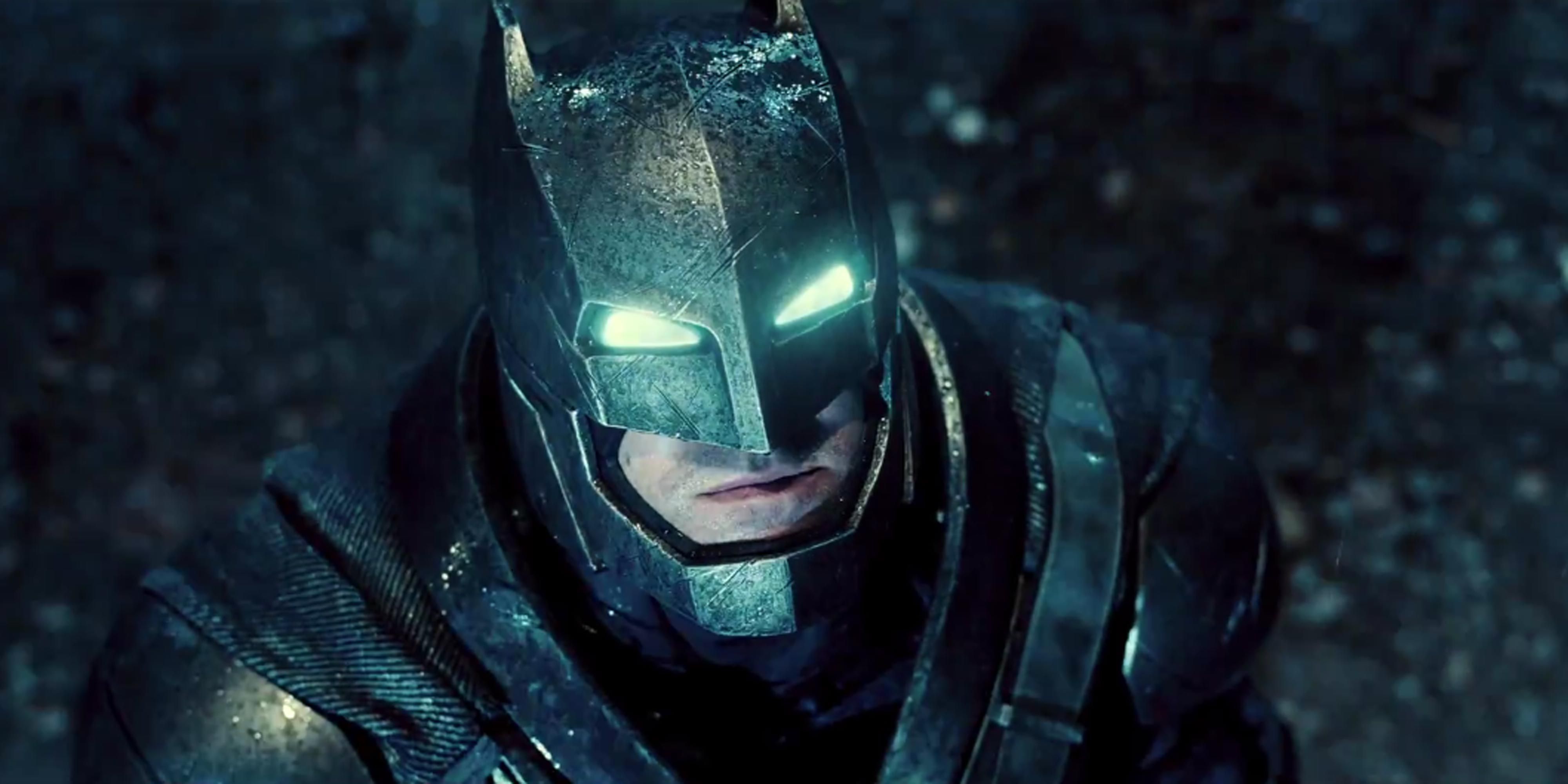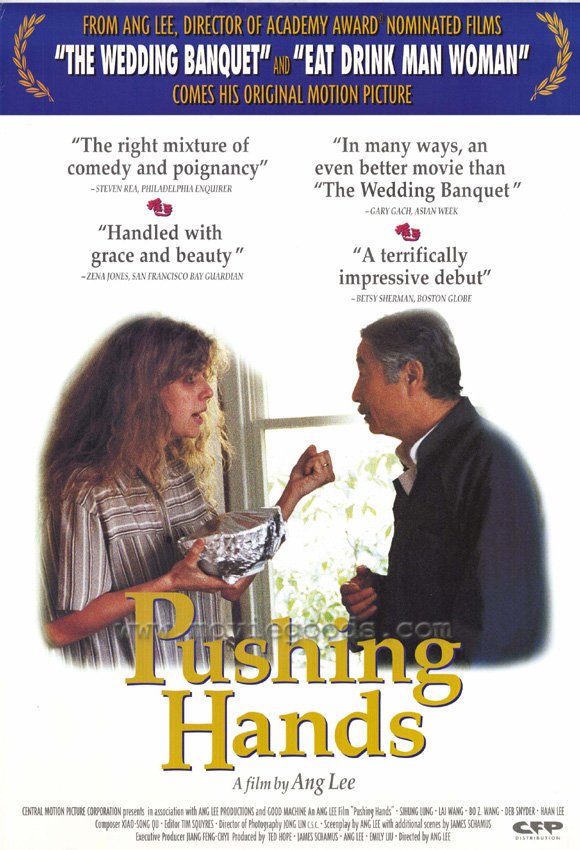Captain America: Civil War is the highly anticipated follow up to both Captain America: The Winter Soldier and Avengers: Age of Ultron. In the sense that this film builds off of the events in those films. Despite the absence of Thor and The Incredible Hulk, dubbing this film "Avengers 2.5" is appropriate considering the amount of characters this film contains and the impact that this film has on the MCU. I highly recommend re-familiarizing yourself with the events of Avengers, Captain America: The Winter Soldier, and Avengers: Age of Ultron because the climactic events in those films essentially dictate the basic premise for this film. After yet again another event involving per heroes that result in a loss of innocent life, they are going to be held accountable for their actions through the Sakovia Accords. The Avengers would be giving up their sovereignty as a team and be run via Government control.
This is where the film delves into its deeper philosophical and political themes. Tony Stark who is racked by the guilt of the death of innocent people and believes that oversight is needed, while Steve Rogers is very leery of any type of institutional control because of the fall of SHIELD due to the corrupting force of Hydra that festered within it. A somewhat intellectual debate ensues and sides are drawn. This internal conflict within the Avengers is what the film hinges on when it comes to its success as a film and it indeed works.
The culmination of this conflict comes to a head in what is known as the "airport scene", which is an extremely impressive and well executed piece of action cinema. The editing is wonderfully balanced between all the different fights within this battle. Initially the Russo's utilized a rapid cutting and somewhat jarring handheld camera use in early action sequences, but abandoned those techniques for a much more polished looking action scene here. This scene is very much nirvana for comic book fans. It is quite a surreal experience to see all of these characters come together on screen. Amidst all this awesomeness I am seeing on screen I can't help but feel that these characters, while fighting, are restraining themselves. None of these characters are typically looking to seriously hurt or indeed kill one another. There are certain characters involved in the skirmish that are so powerful that I can't help but think that if they really wanted to, they could end this fight very quickly. Its this lack of gumption to push the film in a much more bold area that leaves me with a slight feeling of unfulfillment. But, that is mostly my personal subjective taste of what I wish to see in my comic book films at this point. But, having said that, the climactic fight has that boldness that I want, granted the way in which the entire scenario comes to be is problematic from a script standpoint, it is still a serious emotional event. One character is pushed to an unfamiliar emotional place and a vicious fight ensues.
The plot structure and pace is very good. For a film around two and half hours, the moves very quickly. A lot of that has to do with the amount of plot and character elements the Russo Bros put in this film. There is an abundance of characters and each character is given something to do, even the new ones introduced in the film. We get our first look at Marvel's incarnation of Spider-Man, a smart wise cracking teenager, in the mold of a young Tony Stark. They also introduce T'Challa AKA Black Panther, who is one of my favorite parts of this film. Chadwick Baseman portrays him very well. He has a weight to his character, a confidence of someone who commands your respect. His motivation for revenge is emotionally believable. Black Panther effective bulldozes his agenda through that of Cap's and Iron Man's. I can not wait for the Black Panther film.
Something also must be said for the great cast Marvel has assembled for their Cinematic Universe. The actors are able to seamlessly slip into their characters from film to film and evolve over time. Tony Stark and Steve Rogers are not the same characters they were in previous films. Stark has the look of a man with immense mental weight, who is trying desperately to do what is right because of it. Rogers tries desperately to hold onto the idealism of the world he used to know and the person he was. Its the reason he is wiling to risk everything for his friend Bucky AKA The Winter Soldier. Bucky is his one last connection to a life and world that is long gone.
One of the glaring weaknesses of the film is the villain Zemo portrayed by Daniel Bruhl. He is so underwritten that he is reduced to functioning as a contrived plot device. His main function is to set certain plot lines in motion, specifically revolving around The Winter Soldier. What is interesting is I like the aspect of the plot that he helps facilitate but I do not like the the way in which it happens. For example, the final battle is great but Zemo's facilitation of it is really contrived. Certain events literally have to happen the way they happened or else the main goal of his plan would not work. Zemo's motivation behind his actions are valid and deeply emotional, but is not fully fleshed out.
Despite certain issues, the film is very entertaining and overall very well done by the Russo Bros. They have a lot of elements in the film and are still able to keep the film relatively focused despite its size. If you are a fan of other MCU chances are you will enjoy this one as well. My rating is a 4/5 stars.














